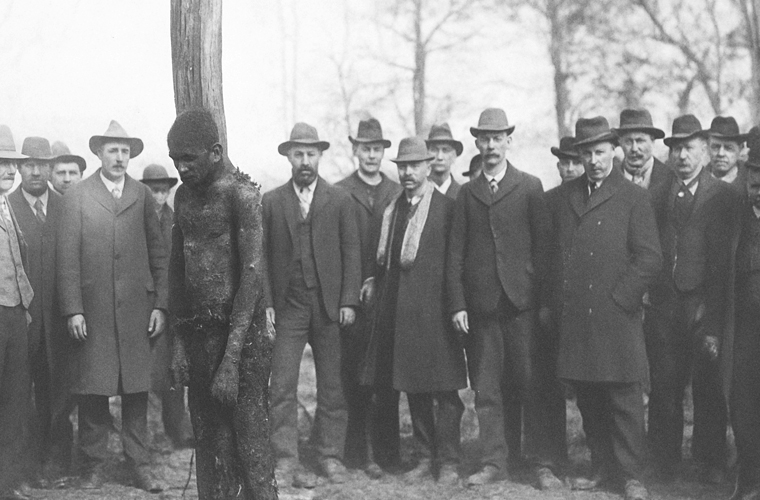On November 16, 1900, a mob of over 300 white residents from across Lincoln County dragged 15-year-old Black teenager Preston “John” Porter Jr. from a train, chained him to a railroad stake in Limon, Colorado, and burned him alive in a horrific public lynching.
Earlier that year, Preston had relocated to the Limon area from Lawrence, Kansas, along with his father, Preston Porter Sr., and brother, Arthur, hoping to find employment on the railroad. On November 8, when 12-year-old white girl Louise Frost was discovered murdered in Limon, suspicion quickly turned to the Porters. Local newspapers noted that the family had departed for Denver shortly after the discovery, prompting authorities to zero in on them as suspects. By November 12, all three were apprehended and jailed in Denver.
In this deeply racist era, Black individuals and communities were routinely branded as inherently guilty and threatening whenever a crime surfaced. Accusations against Black people seldom faced rigorous examination, and claims of misconduct or violence toward whites by Black suspects frequently sparked mob fury and lynching threats.
Four days into their detention, reports claimed Preston had confessed to the killing “to spare his father and brother from the doom he feared for himself.” Such “confessions” from Black detainees were commonplace, extracted through beatings, torture, and lynching intimidations during interrogations. Though press accounts often invoked these statements to rationalize the ensuing atrocities, they more truly reflected terror than truth.
Defying Governor Charles S. Thomas’s directive to hold Preston in Denver for at least eight days post-confession, Lincoln County Sheriff Charles W. Taylor rushed him back by train. As the locomotive halted just outside Limon, an armed crowd—including Louise Frost’s father—seized the boy. Contemporary accounts detailed the savagery: Preston, clutching a Bible, was permitted a final prayer before the inferno began. As the blaze consumed him, he screamed in agony, pleading, “Oh my God, let me go, men!… Please let me go. Oh, my God, my God!” When the ropes charred and his body slumped from the flames, the mob doused him with more kerosene and piled on extra wood. His dying words, witnesses said, were a plea for divine mercy: “Oh, God, have mercy on these men, on the little girl and her father!”
Though journalists named numerous mob participants, no probe followed. The coroner ruled Preston’s death “at the hands of parties unknown.” His father and brother soon fled Colorado for Kansas. In response, the state legislature swiftly restored the death penalty, citing the Limon outrage as a cautionary tale against such “lawlessness.”
Preston “John” Porter Jr. stands as one of over 6,500 recorded Black victims of racial terror lynchings in the United States from 1865 to 1950—and one of just six such killings in Colorado.

